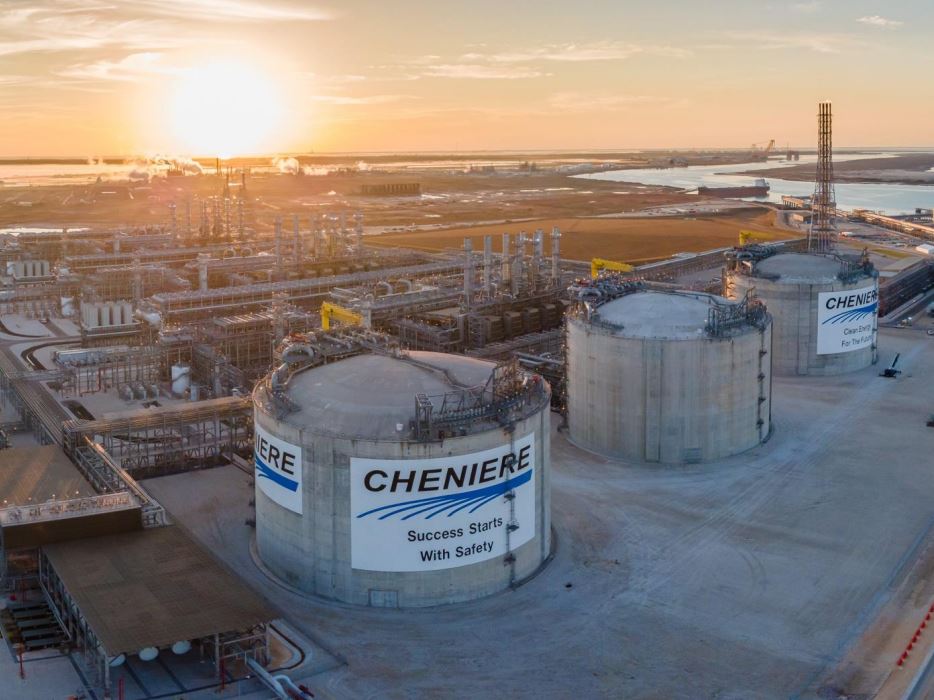US LNG exporting giant Cheniere said it had joined the Oil and Gas Methane Partnership 2.0, the United Nations Environment Programme’s (UNEP) flagship oil and gas methane emissions reporting and mitigation initiative.
OGMP 2.0 is a measurement-based reporting framework intended to improve the accuracy and transparency of methane emissions reporting in the oil and gas sector.
Cheniere joins OGMP 2.0 as part of the company’s “continued commitment to increased climate transparency and data-driven actions that address methane emissions,” it said in a statement.
Joining the initiative is consistent with and enhanced by Cheniere’s climate strategy initiatives, including the company’s collaborative programs to quantify, monitor, report, and verify (QMRV) greenhouse gas (GHG) emissions across the supply chain, Cheniere said.
Cheniere said it had initiated the QMRV program to begin measuring GHG emissions at its Sabine Pass and Corpus Christi liquefaction terminals, as well as natural gas transmission facilities, consistent with the OGMP 2.0 reporting framework.
The LNG producer also begun issuing Cargo Emissions Tags (CE Tags) to its customers, which estimate GHG emissions associated with each cargo produced by Cheniere.
More transparency in reporting emissions
“OGMP 2.0 is consistent with Cheniere’s climate strategy and actions to utilize technologies to measure emissions across our supply chain, employ empirical data, and be more transparent in reporting those emissions in order to inform actionable methane reduction strategies,” Anatol Feygin, Cheniere’s executive VP and CCO said in the statement.
“OGMP 2.0 provides an international platform to share and enhance our science- and data-driven work on methane emissions, so we can continue to provide reliable LNG supplies to the European Union and other international markets to support energy security now and the transition to a lower-carbon future,” he said.
Helge Haugane, senior VP for Gas and Power at Norway’s Equinor, an active member of OGMP, said that imports of LNG, “are key to Europe’s energy security, and we are happy that Cheniere, as the largest US LNG producer has decided to sign on.”
“Global collaboration is critical to achieve significant methane emission reductions from our industry,” Haugane said.
Cheniere noted in the statement that it operates over 10 percent of global liquefaction capacity, underpinned by more than 30 long-term customers, including Equinor, and arrangements with more than 100 counterparties throughout Cheniere’s supply chain.
The US LNG exporter and Equinor signed a long-term LNG supply deal in June this year.
Since commencing exports of LNG in 2016, more than 2,300 cargoes of LNG from Cheniere have landed in 37 markets worldwide.
Cheniere added that about 70 percent of LNG cargoes produced at its two plants this year have been delivered to Europe.

